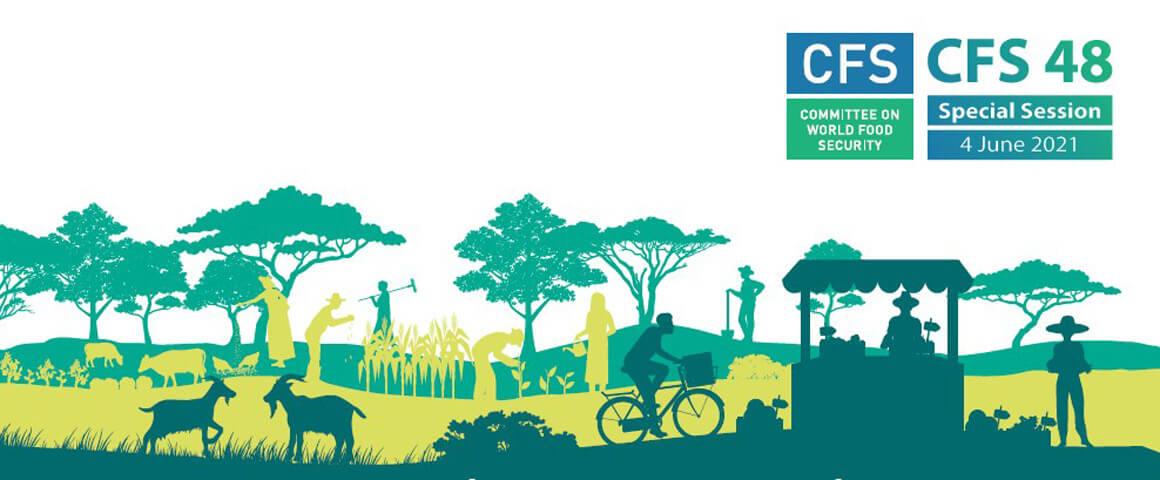Institutional news 4 February 2026
- Home
- CIRAD news
- News
- Addressing knowledge and implementation gaps on agroecological transitions : the Transformative Partnership Platform
Addressing knowledge and implementation gaps on agroecological transitions: A way forward for research and development through the Transformative Partnership Platform

The event will include a discussion on the political demand for agroecology featuring Sri Lanka’s President Gotabaya Rajapaksa and other high level representatives from France, Switzerland and Senegal, helping to create and shape policy.
And, based on the recommendations of the High Level Panel of Experts on Food Security and Nutrition (HLPE) report on agroecology, experts like Beverly Mugure Gichiri of Mugure Agriventures in Kenya and Perla Alvarez Britez, Co-coordinator for the CSM WG on Agroecology will discuss how they are working to transform agricultural systems.
Agroecology is a farming approach inspired by natural ecosystems, combining local and scientific knowledge and focusing on the interactions between plants, animals, humans and the environment. The partnership aims to provide the necessary evidence about the environmental and social benefits of agroecology. This event represents an incredibly important milestone, happening immediately before the culmination of CFS's policy convergence process on agroecology - a process which the TPP is closely related to since the beginning.
“The agroecological proposition is to farm in harmony with nature. This challenges agricultural and food system norms, not least in avoiding the use of environmentally disruptive chemicals that force monoculture crop production, and instead to rely on locally adapted practices that embrace biodiversity. Addressing global food security shortfalls requires transformation at the food system level affecting how food is produced, processed, transported, sold and consumed, and the TPP is responding by putting agroecology on a level playing field with business-as-usual models of agricultural improvements”, said Fergus Sinclair, Chief Scientist at CIFOR-ICRAF and co-convener of the TPP.
But, there are challenges to agroecology’s widespread adoption. The TPP is addressing such challenges by coordinating the work of partners at the international, national and local levels, and by building an inclusive community that shares knowledge and works across key areas such as socioeconomics, water, nutrition, soil health and policy.
“We are bringing together actors that would otherwise typically collaborate in an ad-hoc fashion. Demand-led, the TPP is co-creating research that focuses on addressing evidence and implementation gaps and using that evidence as part of systems transformation through advocacy and an effective science-policy interface”, said Etienne Hainzelin, co-convener of the TPP and Advisor to the President Director General of CIRAD, and representing the French research institutions.
The TPP was formed as a concrete response to the CFS agenda, and aligns with the recommendations and 13 agroecology principles outlined in the HLPE report on agroecology.



























